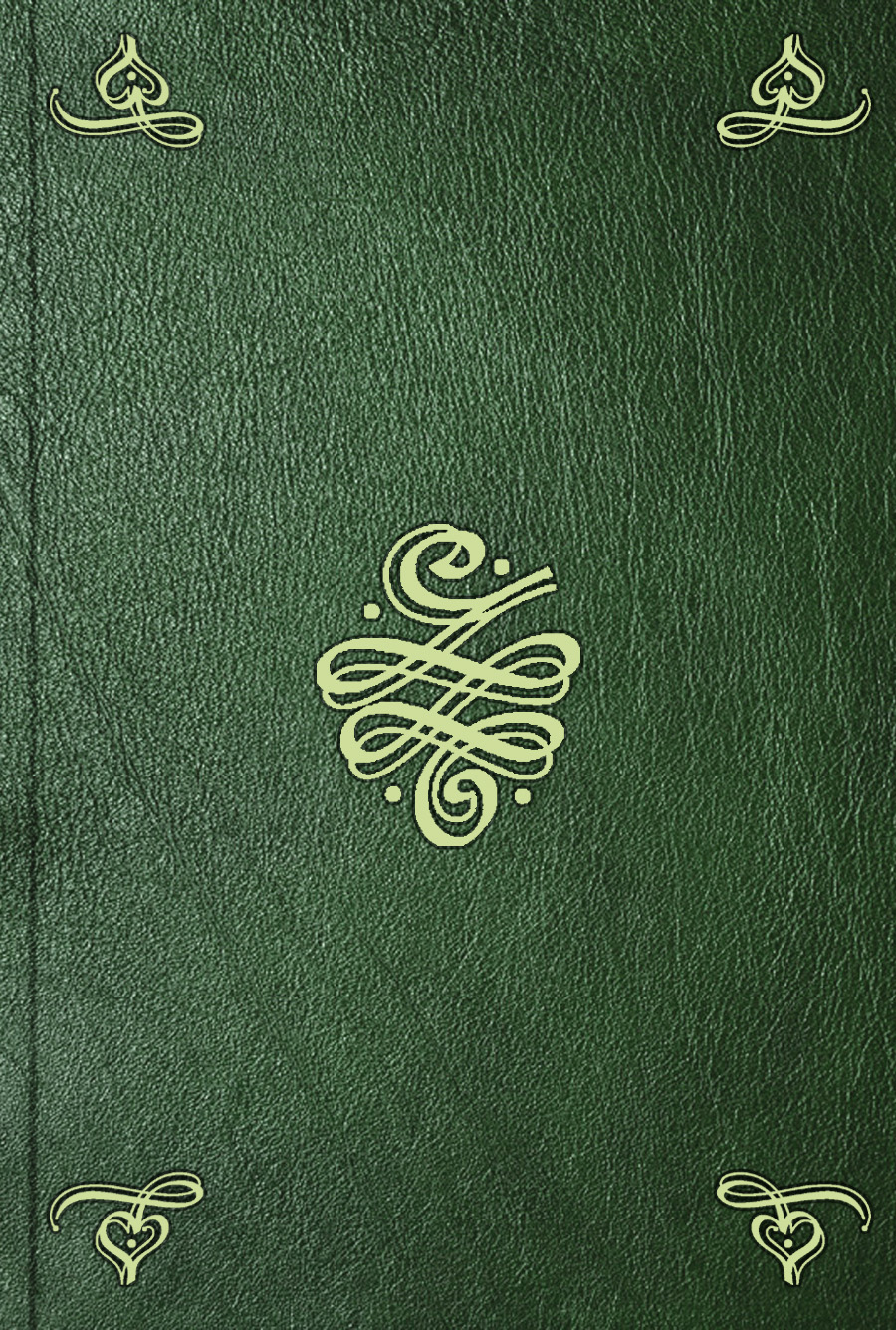Электронная книга: Pierre Poiret «Petri Poiret cogitationum rationalium de Deo, anima et malo libri quatuor»

|
Полный вариант заголовка: «Petri Poiret Cogitationum rationalium de Deo, anima et malo libri quatuor : In quibus quid de hisce Cartesius, ejusque sequaces, boni aut secus senserint, omnisque philosophiæ certiora fundamenta, atque imprimis tota metaphysica verior, continentur;nec non Benedicti de Spinoza atheismus&exitiales errores funditus exstirpantur». Издательство: "Библиотечный фонд" (1685)
электронная книга Скачать бесплатно на Litres |
Pierre Poiret
Pierre Poiret was a prominent 17th century French mystic and Christian philosopher. He was born at Metz
Life and accomplishments
After the early death of his parents, he supported himself by the engraver's trade and the teaching of French, at the same time studying theology, in Basel, Hanau, and, after 1668, Heidelberg. At Basel he was captivated by Descartes' philosophy, which never quite lost its hold on him. He read also
In 1672 he became pastor of the French church at Annweiler in the duchy of Deux-Ponts. Here he became acquainted with Elisabeth, abbess of Hereford, the granddaughter of
From the Netherlands Poiret went on to Hamburg, still in quest of
Summary of his writings
Among his original productions may be mentioned "L'Économie divine, ou système universel et démontré des æuvres et des desseins de Dieu envers les hommes" (Amsterdam, 1687; Eng. transl., The Divine conomy, 6 vols., London, 1713), which purports to reproduce the visionary notions of Antoinette Bourignon, but at least gives them in intelligible and consistent form. Another work, "La Paix des ames dans tous les partis du Chriatianisme" (1687), disregards the formal creeds of the various churches, and appeals to the minority of really sincere Christians, urging them to an inner union without the abandonment of their external affiliations. In "De erudition, solida, superfciaria et falsa" (1692), he distinguishes between superficial knowledge of the names of things and real or solid knowledge of the things themselves, which latter is to be attained by humble renunciation of one's own wisdom and will. He continued to make contributions to the philosophical and religious controversies of the time, as, for example, against Bayle and his "hypocritical" opposition to
Though after 1680 he led a quiet and retired life, he was recognized widely by the scholars of his time, such as
ee also
*
*
References
*Schaff-Herzog
Источник: Pierre Poiret
Другие книги схожей тематики:
| Автор | Книга | Описание | Год | Цена | Тип книги |
|---|---|---|---|---|---|
| Pierre Poiret | Petri Poiret cogitationum rationalium de Deo, anima et malo libri quatuor | Полный вариант заголовка: «Petri Poiret Cogitationum rationalium de Deo, anima et malo libri quatuor : In quibus quid de hisce Cartesius, ejusque sequaces, boni aut secus… — Библиотечный фонд, электронная книга Подробнее... | 1685 | электронная книга |
См. также в других словарях:
Pierre Poiret — (1646 1719) est un mystique et théologien calviniste français. Biographie Peter Poiret naît à Metz le 15 avril 1646. Après la mort prématurée de ses parents, Poiret fait commerce de gravures et enseigne le français, tout en suivant des études de… … Wikipédia en Français
Pierre Poiret — was a prominent 17th century French mystic and Christian philosopher. He was born at Metz April 15 1646 and died at Rijnsburg (3 m. n. of Leyden) May 21 1719. Life and accomplishments After the early death of his parents, he supported himself by… … Wikipedia
Poiret — ist der Familienname folgender Personen: Jean Poiret (1926–1992), französischer Schauspieler, Regisseur und Autor Jean Louis Marie Poiret (1755 1834), französischer Botaniker Paul Poiret (1879–1944), französischer Modeschöpfer Pierre Poiret… … Deutsch Wikipedia
Poiret — Cette page d’homonymie répertorie les différents sujets et articles partageant un même nom. Sommaire 1 Patronyme 2 Personnages de fiction 3 … Wikipédia en Français
Pierre Cuq — Pierre Mondy Pierre Mondy Nom de naissance Pierre Cuq Naissance 10 février 1925 (84 ans) Neuilly sur Seine, France Nationalité(s) Française … Wikipédia en Français
Pierre Mondy — Données clés Nom de naissance Pierre Cuq Naissance 10 février 1925 (1925 02 10) (86 ans) Neuilly sur Seine, France Nationalité Française … Wikipédia en Français
